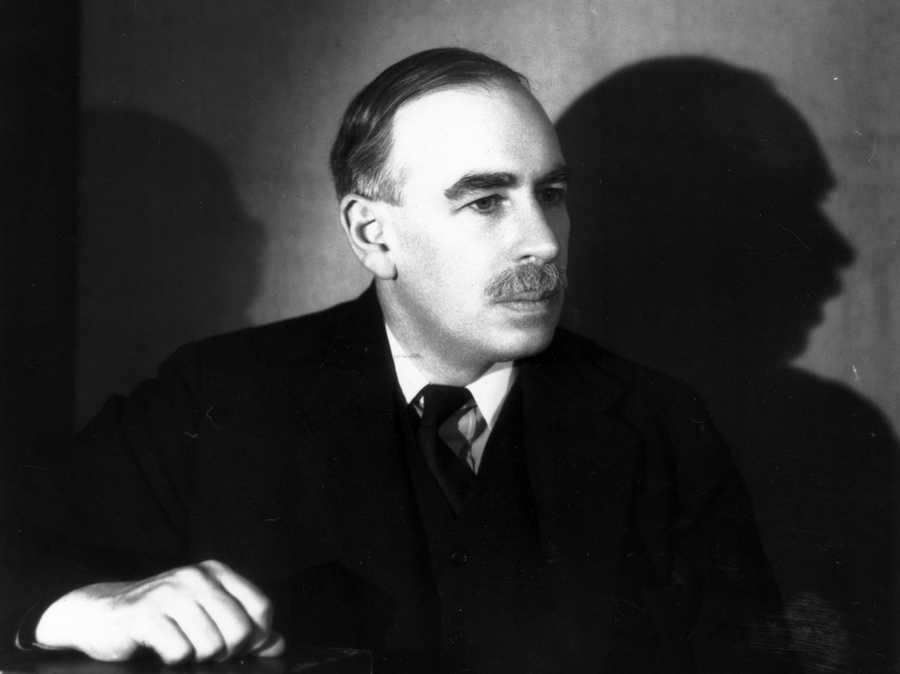Researchers said we'd only need to work 15 hours/week. What happened?
Curated from: blog.rescuetime.com
Ideas, facts & insights covering these topics:
5 ideas
·6.08K reads
17
Explore the World's Best Ideas
Join today and uncover 100+ curated journeys from 50+ topics. Unlock access to our mobile app with extensive features.
Past predictions about the average working hours
Nearly a century ago, British economist John Keynes predicted this generation would only work 15 hours a week.
In 1890, workers worked an average of 60 hours per week. By 1890, the average working hours dropped to 37. However, by the 1970s, the downward trend of working hours had turned around, and today, American workers average 47 work hours in a week.
142
1.75K reads
The rise in the average working hours: contributing factors
The rise in average working hours a week can be related to three serious issues:
- We celebrate "being busy."
- We worry about losing our jobs in the current economic climate.
- We use devices that make us always on.
The rise of knowledge work has led to jobs with less structure, more demands, and higher pressure to be productive.
164
1.22K reads
Overworking leads to decreased productivity
Studies show that working more hours increases productivity up a point; after that, the law of diminishing returns sets in. That point is around 49 hours per week.
Research shows overworked employees have an increased risk of fatigue, general poor health, and cardiovascular disease. Another study showed that managers couldn't tell which employees worked 80 hours per week and who just pretended to.
169
1.03K reads
Opting for shorter working hours
Working shorter hours, such as the 4-day work week or the 6-hour workday, is not always the solution, since it could only work for certain industries.
A six-hour workday would be effective for industries such as hospitals but less effective where the borders between work and private life are blurred.
147
1.04K reads
Opting for flexible working hours
Instead of asking how many hours to work, smart businesses consider what the best hours are for their team to be working. Flexibility in working hours allows employees to choose working hours that suit their mental peaks and their lifestyle.
According to research, most people are only productive for 4-5 hours a day. With flexibility, you can create daily schedules that work for you. Research shows that employees working flexible hours show greater job satisfaction and commitment to their companies.
165
1.02K reads
IDEAS CURATED BY
Milo 's ideas are part of this journey:
Learn more about timemanagement with this collection
Techniques for brainstorming and generating new ideas
The power of collaboration and feedback in the creative process
How to recognize and overcome limiting beliefs
Related collections
Similar ideas
3 ideas
In the future, you'll share your work with robots
sciencefocus.com
7 ideas
The Impact of Working a 4-Day Week
investopedia.com
4 ideas
Read & Learn
20x Faster
without
deepstash
with
deepstash
with
deepstash
Personalized microlearning
—
100+ Learning Journeys
—
Access to 200,000+ ideas
—
Access to the mobile app
—
Unlimited idea saving
—
—
Unlimited history
—
—
Unlimited listening to ideas
—
—
Downloading & offline access
—
—
Supercharge your mind with one idea per day
Enter your email and spend 1 minute every day to learn something new.
I agree to receive email updates

